If you're new to horses and horsemanship, some terms may be confusing.
Today, let's delve into one such term - a broodmare. What exactly is a broodmare, you ask? I know when I first heard the term, I had no idea. In the horse world, a broodmare is a female horse primarily used for breeding. But there's a lot more to being a broodmare than just that! This article will explore what makes a horse a broodmare, the qualities to look for in potential broodmares, and some commonly asked questions about them. Short Summary
What Makes A Horse Considered A Broodmare?
A horse is generally considered a broodmare based on her primary role in farm life: producing offspring.
Not every female horse becomes a broodmare, much like not every male horse becomes a sire. A horse typically becomes a broodmare due to its genetic makeup, physical attributes, and temperament. It's not just about being a female horse; it's about having qualities that make her offspring desirable. High-quality broodmares usually come from proven bloodlines and may have had successful racing or show careers. They must be in good health, have sound conformation (the shape and structure of their bodies), and have a good temperament, as these traits will be passed on to their foals. Age also plays a crucial role; horses can start being used as broodmares, usually around three to four years old, when they reach reproductive maturity. Other Things To Consider In Potential Broodmares...
One must also assess the mare's fertility when considering a potential broodmare. Fertility is a crucial factor that can significantly impact a mare's ability to conceive and carry a foal to term. Beyond physical examinations and breeding history, a vet may conduct tests, like a uterine culture or biopsy, to analyze fertility health.
Additionally, consider the mare's personality and maternal instincts. A good broodmare should ideally be calm, patient, gentle, and nurturing. These characteristics ensure the safety and well-being of the foal and contribute to their behavior as they mature. Lastly noted, a potential broodmare's financial implications should not be overlooked. The costs of maintaining a broodmare can be substantial, from veterinary care, feed, and housing to breeding fees and likely foal care. At What Age Do Horses Begin Being Used As Broodmares?
Horses begin their journey as broodmares when they attain reproductive maturity, typically around three to four years. However, it is not uncommon for horse owners to wait until the mare is a bit older, often around five to seven years old, to begin breeding.
These decisions are very individual and depend on various factors, including the horse's health, physical development, and the owner's breeding goals. What Is The Average Amount Of Foals A Broodmare Has In A Lifetime?
On average, a broodmare may produce around 8 to 10 foals in her lifetime. However, the exact number dramatically depends on the mare or dam's health, reproductive efficiency, and the owner's management practices.
Some mares may have fewer foals, while others can have a dozen or more. It's critical to understand that while a broodmare can produce a foal yearly, it is not always ideal for her health and well-being. Regular breeding without sufficient rest and recovery periods can potentially lead to health issues for the mare. Summary
In conclusion, a broodmare is an essential part of the equine world. She brings forth new life, contributes to the genetic diversity of horse breeds, and offers an avenue for breeders to create horses tailored to various needs.
Bearing in mind the health and well-being of these mares should always be paramount. Their value far outweighs their ability to produce foals; they are partners, companions, and ultimately, they contribute significantly to the rich tapestry of the equestrian community. Frequently Asked QuestionsCan A Horse Get Pregnant Even If They Are Still Nursing A Foal?
Yes, a horse, or a broodmare, can indeed become pregnant while she is still nursing a foal. This is known as being "bred back" in the horse industry. However, it's important to remember that just because it's possible doesn't mean it's always the best choice for the mare's health.
Reproduction can tax a broodmare's body, and the added demands of nursing a foal can be a significant burden. How Long Are Horses Pregnant For?
A horse, specifically a broodmare, typically has a gestation period that lasts about 11 to 12 months or roughly 340 to 345 days. However, this can vary depending on breed, age, health, and environment.
It's important to note that, unlike humans, horses do not have a reliable due date, and pregnancy might range from 320 to over 370 days. This is one of the many reasons why regular veterinary check-ups are crucial during a broodmare's pregnancy to monitor both the mare's and the foal's health. Can a broodmare be ridden?
Yes, a broodmare can be ridden, but it largely depends on her health, stage of pregnancy, and previous training. However, once a broodmare is in the late stages of pregnancy, it's advisable not to ride her due to the risk of injury to both the mare and her unborn foal.
How much is a broodmare worth?
The value of a broodmare can vary significantly based on several factors. These can include her pedigree, performance in competitive events, the success of her previous offspring (if any), and her age and fertility status.
A broodmare from a distinguished lineage or with a proven track record in producing successful offspring can be worth thousands if not tens of thousands (or hundreds of thousands) of dollars. However, a broodmare without these credentials may be valued far less. |
About David DidierAfter growing up working on his family's farm in the Midwest, life brought him to Missoula, MT. There, he connected with a mustang named Dart and was called to a lifelong journey of learning about horses and horsemanship. It is his hope to share the knowledge, experiences, and resources he has come across along the way. Want tO JOIN
|
DAVID DIDIER : Be Relentless.About Blog Privacy Terms Disclaimer |

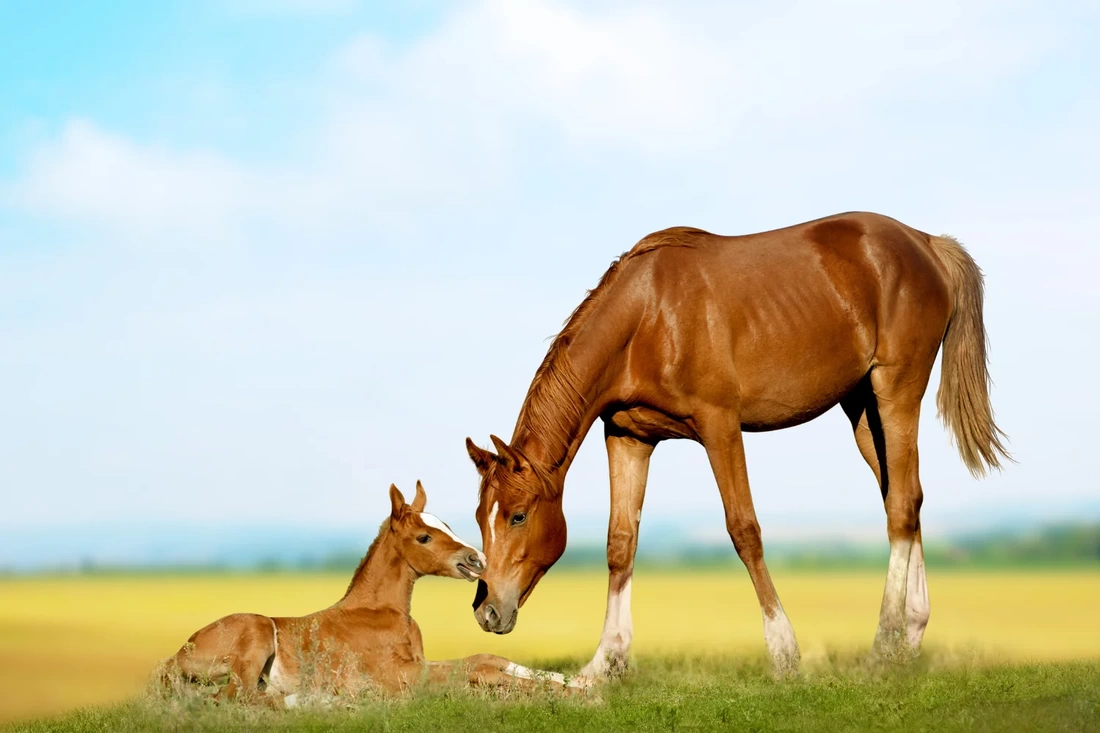

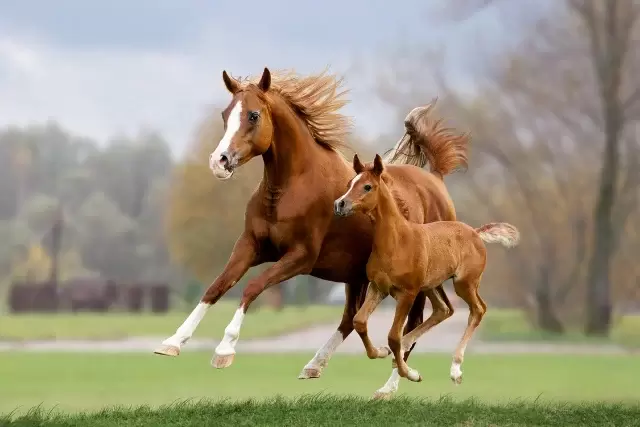
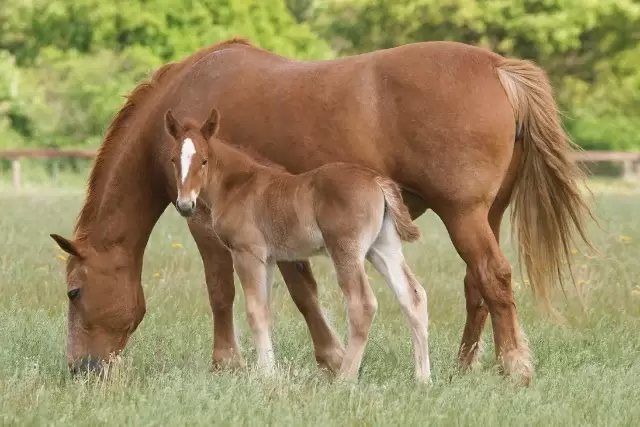
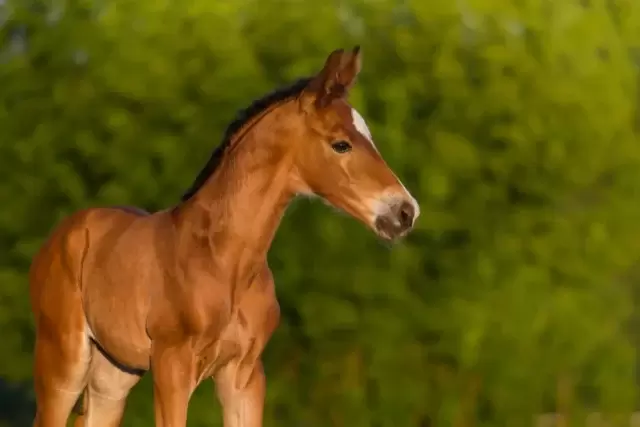
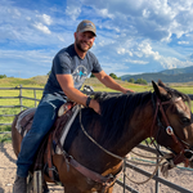
 RSS Feed
RSS Feed
